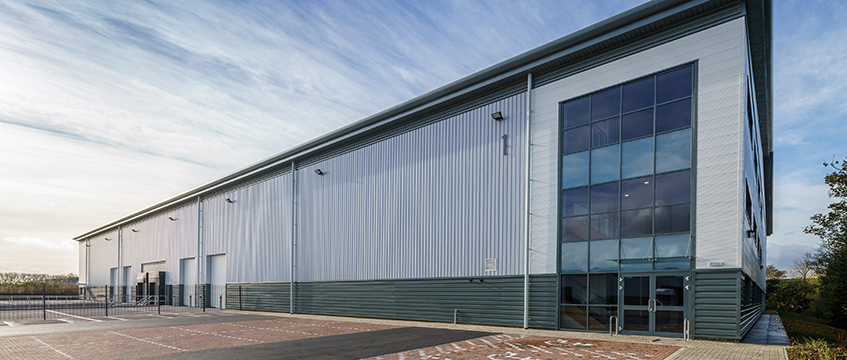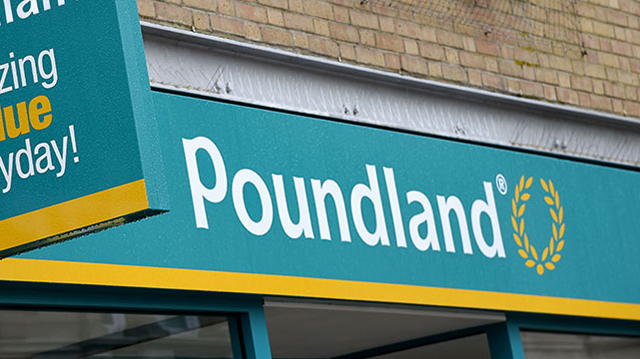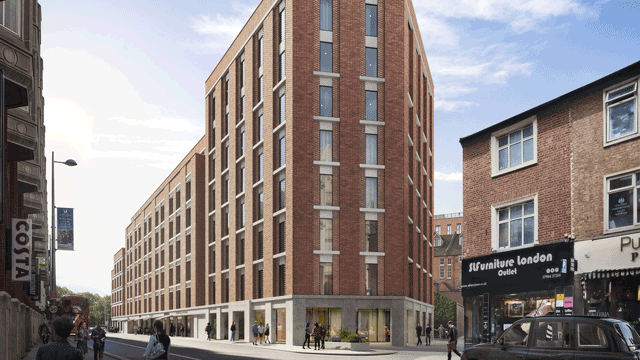US investment giant Blackstone’s proposed £1.2bn offer to acquire developer St Modwen is a thematic bet on the industrial and logistics market, tying in with the private equity group’s last-mile venture Mileway. But what could the deal mean for St Modwen’s £705m housebuilding and strategic land businesses?
Shares in the developer have soared since this morning’s confirmation of takeover talks, rising a fifth by late afternoon to hit 536p, close to Blackstone’s proposed offer of 542p per share.
The offer is priced at a 21.1% premium to St Modwen’s closing share price yesterday (6 May), and a premium of 23.8% to its EPTA net tangible assets per share of 438p last year.
Sources familiar with the talks suggest that St Modwen’s logistics and industrial assets, which represented 49% of its £1.4bn portfolio at the end of November 2020, are the main draw for the private equity group. It is a space that investors have been piling into in recent months amid the dramatic consumer shift towards e-commerce, sped up by the effects of the pandemic.
Notably, the logistics and industrial arm includes a 19m sq ft long-term pipeline with a £130m ERV, focusing on key logistics corridors and conurbations. The business has £666m of income-producing assets, and 90% of its 2019 developments are either let or under offer.
Industry figures see it as likely that the logistics business would be combined with Blackstone’s pan-European, last-mile platform Mileway, which it has grown to more than 600 properties in the UK, as opposed to Blackstone’s other core or value-add fundraising initiatives.
St Modwen’s landbank could also be an attractive prospect. The £332m strategic land and regeneration arm specialises in securing sites for logistics and housing development, and accounts for nearly a quarter of the business.
The firm previously highlighted its intention to sell up to £200m assets in that part of the business by 2023, to reduce its exposure to under 10% of the overall portfolio and focus solely on sourcing land for logistics and residential development.
“In terms of listed vehicles, the landbanks are gold because that is where you will really add value to a portfolio – one that is ready for new fit-for-purpose assets in good locations,” said one financial analyst.
If a deal goes ahead, a prevailing question is what Blackstone will do with St Modwen’s £373m Homes business, which represents the remaining 27% of the portfolio and has a £277,000 average private selling price.
Analysts said it is unclear how the Homes business will fit into Blackstone’s equation, highlighting that it is difficult to see the motive for taking on the housing division, asides from a broader bet on UK real estate and the mid-market regional residential model. It is therefore likely that Blackstone will combine and focus on the logistics and industrial assets – which Alan Carter of Stifel noted it is “buying all over the world” – and split off the housebuilding elements.
But given that Blackstone seems bullish on Europe in general, it is not unthinkable that it might consider keeping hold of it as a longer-term play, based on market fundamentals. Another industry figure with an eye on the takeover talks said Blackstone could well opt to hold on to everything if a deal gets done: “I don’t think it’s a foregone conclusion.”
To send feedback, e-mail pui-guan.man@egi.co.uk or tweet @PuiGuanM or @estatesgazette











